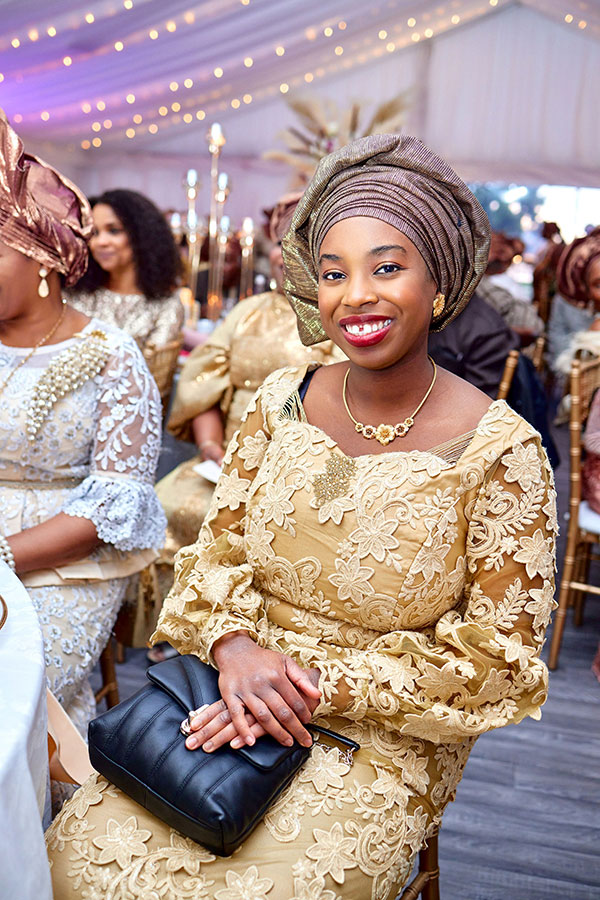You are here
- Home
- Research
- Projects
- EMEGEN
- Blog
- Learning through English in Nigeria: Personal reflections from a young woman
Learning through English in Nigeria: Personal reflections from a young woman
by Motunrayo Oladeji

I never really thought about the language I was taught in at school until I was in my 20s. I attended primary and secondary school in south-west Nigeria and the native language in this region is Yoruba. However, all my classes were taught in English while Yoruba was taught as an academic subject.
We were not allowed to speak Yoruba outside of our Yoruba lessons. I remember seeing rules about not speaking vernacular which meant we were not to speak our native languages. I never saw anyone punished in my school for speaking our local languages but I also don’t remember hearing any of my schoolmates speak these languages so there was probably no one to punish for breaking this rule. I spoke to a student at another school and he mentioned that students were often flogged or asked to pay a small fine whenever they were caught speaking their local language.
Nigeria is a country where over 500 languages are spoken so I always thought that using English as the official language in school made it easier for us to communicate with each other. I did not realise at the time that attending school exclusively in English would affect my ability to communicate in Yoruba.
School is not the only place where children are taught a language and parents, or caregivers, can also teach a child their local language. My parents spoke Yoruba to me regularly but never really made me speak the language. Therefore, I would say my ability to understand the language is better than my ability to speak it.
I attended a boarding school in Nigeria from when I was 10 till I was 16. There were students from all over Nigeria, with the majority being Yoruba or Ibo. To be able to communicate and learn, we mainly communicated in English as otherwise we would not have been able to understand one another.
When our local languages such as Yoruba were taught in school, the emphasis was placed on developing writing and reading proficiency in the language. However, we were encouraged to sing hymns in our local languages during religious services and we were taught different local dances for cultural events. Consequently, we were only allowed to use our local languages under the supervision of teachers.
We were not given many opportunities to practise our speaking skills in Yoruba. This has meant that I have found myself in social situations where I have not felt confident speaking in Yoruba. As an adult, I have had to teach myself Yoruba through listening to BBC Yoruba short documentaries on social media to improve my knowledge of the language.
Studying in English helped me academically as I went on to complete my undergraduate degree in the UK and I have worked here ever since. My knowledge of English meant that I did not struggle with the English language while I was at university or in my career afterwards.
People tend to argue that there are few economic opportunities associated with our local languages and that it is therefore not important to continue to learn them. I feel preserving our culture is important and continuing to use the local language is one way to do so. Also, I never know when I may be in an economic situation where my ability to communicate effectively in Yoruba may help me.
I am a parent now to a two-year-old and my limited knowledge of Yoruba affects my ability to teach my daughter the language. My default is to speak in English, but I do try to speak Yoruba and sing Yoruba nursery rhymes to her. I hope that one day she can understand the language and I will do my bit to pass on my culture and language to her.

